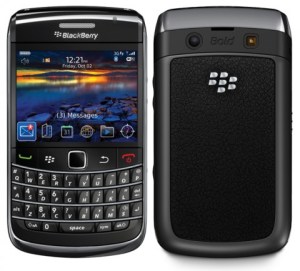
Canada’s Research in Motion says it will filter adult material and pornographic content from reaching BlackBerry users in Indonesia. The move comes after the government of Indonesia pressured RIM to block access to the content, threatening RIM with shutting down BlackBerry service (Indonesian) if it didn’t comply. Indonesia, like Saudi Arabia and other countries, has also demanded that RIM set up a in-country BlackBerry services so messages and other communications aren’t stored in overseas data centers.
Indonesia is the world’s largest Muslim nation. Communications and Information Minister Tiffatul Sembiring has been working to enact tighter regulation of Internet content, including blocking access to adult materials and pornography. In 2008, the nation passed broad anti-pornography legislation, banning “sexual materials” in media, conversations, and gestures, as well as public performances that could “incite sexual desire.” Penalties extend up to 10 years in prison, with downloading pornography from the Internet punishable by up to four years in prison.
In July 2020, Sembring’s ministry asked ISPs to block access to porn sites.
“Research In Motion confirms that it shares Minister Tifatul Sembiring’s sense of urgency on this matter and it is fully committed to working with Indonesia’s carriers to put in place a prompt, compliant filtering solution for Blackberry subscribers in Indonesia,” RIM said in a statement. RIM has been working with the Indonesian government on the issue since late August, 2010.
RIM did not offer a timeline for putting a filtering system in place, saying only that a solution would be up and running “as soon as possible.”
Industry estimates place the number of BlackBerry users in Indonesia at about two million.
Editors' Recommendations
- This crazy case adds a BlackBerry-inspired keyboard to your iPhone
- BlackBerry trailer depicts the rise and fall of the iconic phone
- BlackBerry’s latest revival attempt crashes before launch
- The BlackBerry Key2 shows why software updates really matter
- A new BlackBerry with a keyboard is still on the schedule for 2022

